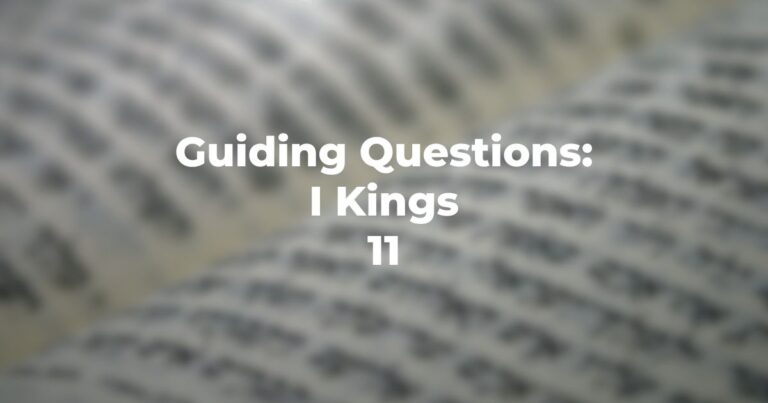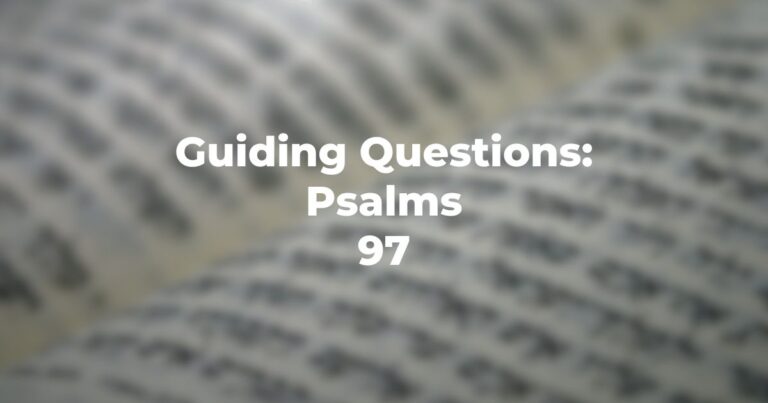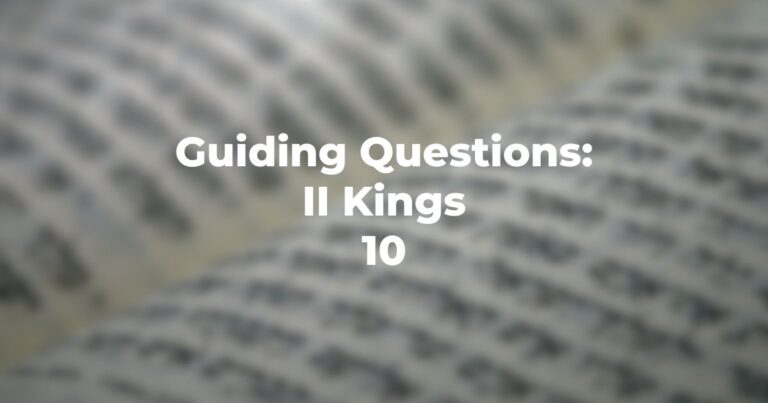- From what tribes do those who challenge Moses derive?
- Are they joined by any others?
- What is their complaint—”undemocratic authoritarianism”—in the actions/conduct by Moses and Aaron?
- Does Moses deny the charge that, indeed, some Israelites are “chosen” and “closer” (Numbers 16:4)?
- What test does Moses posit (Numbers 16:6-7)?
- In Numbers 16:8-10 what specific aspiration does Moses allege as to the challenge of Korah (and does he mention the Reubenites)?
- How is Aaron described by Moses in Numbers 16:11?
- How does the Reubenite refusal to come to Moses parody Moses’ statements?
- Is their argument the “lack of equality” or the failure of Moses’ leadership to do what he promised?
- How do Dathan and Aviram recall life in Egypt (Numbers 16:13)?
- In Moses’ (angry) reply does he address the “charges” of failure to produce or does he address another issue (Numbers 16:15)?
- Is Numbers 16:17 other than Numbers 16:6-7?
- How does Numbers 16:19 “diffuse” the confrontation—or does it?
- Is Divinity cited as partisan—and, if so, in whose favor?
- Do Moses and Aaron “welcome” the proposed action?
- What theological view of Divinity and Its universality is reflected in Numbers 16:22—and how does this verse echo Abraham at Sedom?
- How is Numbers 16:22 consistent with Moses’ “position” at the “golden calf”—a traumatic incident?
- From this point on, between whom and whom is the confrontation (Numbers 16:25-27)?
- What does Moses predict for the challenger – and in what mode? Will the Levites “go through the camp” as with the golden calf rebellion or _____?
- And—is Moses’ prediction affirmed?
- How do the Israelites react—with awe or fear of a similar fate?
- And what becomes of the 250 individuals who approached with the “censers” (fire pans)?
- The conflict ends, then, by human action (as at the golden calf) or otherwise? How, in this narrative, is the role of God radically different when compared with the earlier rebellion?
- Is Moses’ argument that the guilty are to be punished and not the entire community, validated?
Author
-

Exploring Judaism is the digital home for Conservative/Masorti Judaism, embracing the beauty and complexity of Judaism, and our personal search for meaning, learning, and connecting. Our goal is to create content based on three core framing: Meaning-Making (Why?), Practical Living (How?), and Explainers (What?).
View all posts




